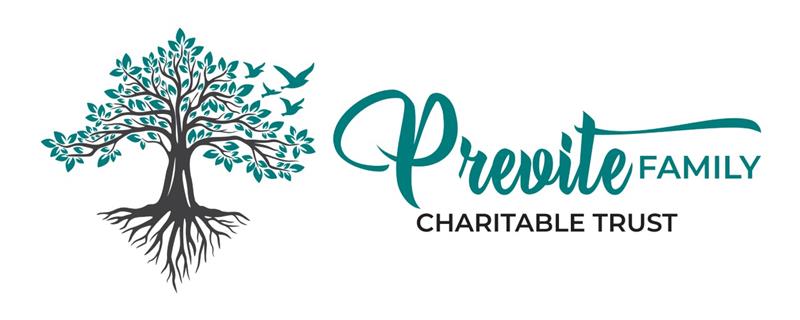You probably know Habitat for Humanity as an organization that builds and improves homes and communities for people in need. But did you know that advocacy efforts, alongside construction and renovation projects, are an equally important part of the work of Habitat for Humanity?
In order to achieve its vision of a world where everyone has a decent place to live, Habitat for Humanity advocates for policies and systems that eliminate barriers to adequate, affordable housing. The fact is that housing is about more than land, bricks, and mortar; it’s also about laws, regulations, and systems, all of which play a critical role in making it easier (or harder, as the case may be) for people to find a place to call home. To help make housing policies that are as inclusive as possible, Habitat for Humanity works with governments at all levels to increase support for affordable home ownership and decent housing.
With the arrival of COVID-19, Habitat for Humanity’s advocacy efforts in the US kicked into high gear as the organization worked to help the millions of additional individuals and families struggling with housing insecurity as a result of the pandemic’s economic impact. Read on for a look at some of the advocacy successes that Habitat for Humanity and its partners have achieved during these unprecedented times.
Virginia: Record Investment in Housing
At the beginning of the pandemic, a number of Virginia-based Habitat organizations got together to advocate for housing relief. The two key goals of this coalition were to ensure ongoing funding for the Virginia Housing Trust Fund—a vital affordable housing fund that could have been seriously jeopardized by the pandemic-induced economic downturn—and to see that CARES Act funding would be used to help families in need with rental and mortgage payments. Through petitions, letters, and phone calls to representatives, the Virginia Habitat coalition not only helped to boost funding to the trust fund to a total of $55 million for fiscal year 2021 (up from $30 million in the previous year), it also helped ensure that $50 million in federal CARES Act dollars were used to support a state-launched rental and mortgage relief program.
California: Improved Living Conditions, Delayed Rent Hikes
For the past decade, Habitat for Humanity of Orange County has supported the advocacy work of the residents of Woodcrest, a working-class neighborhood in Fullerton that is home to two large complexes of low-income rental housing. At the onset of the pandemic, the quality and affordability of these complexes became a significant concern. The poor living conditions were seriously impacting residents’ ability to obey shelter in place measures, and at the same time, renters were being notified that their rent would be increasing in June 2020. With the support of Habitat for Humanity of Orange County, the resident-led Woodcrest Association advocated at the municipal level for repairs to the apartment complexes, and called on city council to delay the impending rent increase. Happily, these grassroots efforts proved successful: improvements to the apartments have been gradually carried out, and a hold was placed on the rent increase, helping ensure housing security over the summer of 2020 for roughly 250 families.
Indiana: New and Revived Funding for Renters and Homeowners
In 2010, Indiana was one of the 18 states to benefit from the Hardest Hit Fund, a fund established by the US Treasury to help areas of the country that had suffered most from the mortgage crisis. But while most of the other states had spent this funding long ago, Indiana still had some left and, furthermore, had some systems and program administrators still in place. Habitat Indiana saw this as an important opportunity, and urged the Indiana Housing and Community Development Authority to use that money and those systems to address this new, pandemic-induced crisis. Not only did Habitat Indiana help reinstate the Hardest Hit Fund and streamline the filing requirements to make it easier for more families to apply, their advocacy efforts also helped secure an additional $30 million for the fund. In this wake of this success, Habitat Indiana and a coalition of supporters also helped develop a similar, $25 million program geared towards renters.
Minnesota: More (Virtual) Housing Advocates Than Ever
Habitat for Humanity Twin Cities has long held an annual lobbying day, known as Hill Day, where Minnesotans can gather to advocate and show support for key housing issues. When the pandemic came along, issues such as increasing funding for the Family Homeless Prevention and Assistance Program became more urgent than ever, but Hill Day was not able to go ahead as usual due to social distancing requirements. Undeterred, Habitat Twin Cities and its partners took their lobbying online, building a Virtual Hill Day landing page, and providing customized and easy to use resources on topics ranging from virtual lobbying to key talking points. These virtual efforts paid off significantly, with the seamless event boasting a record number of participants—39% more than the previous year’s Hill Day—from all over the state.

